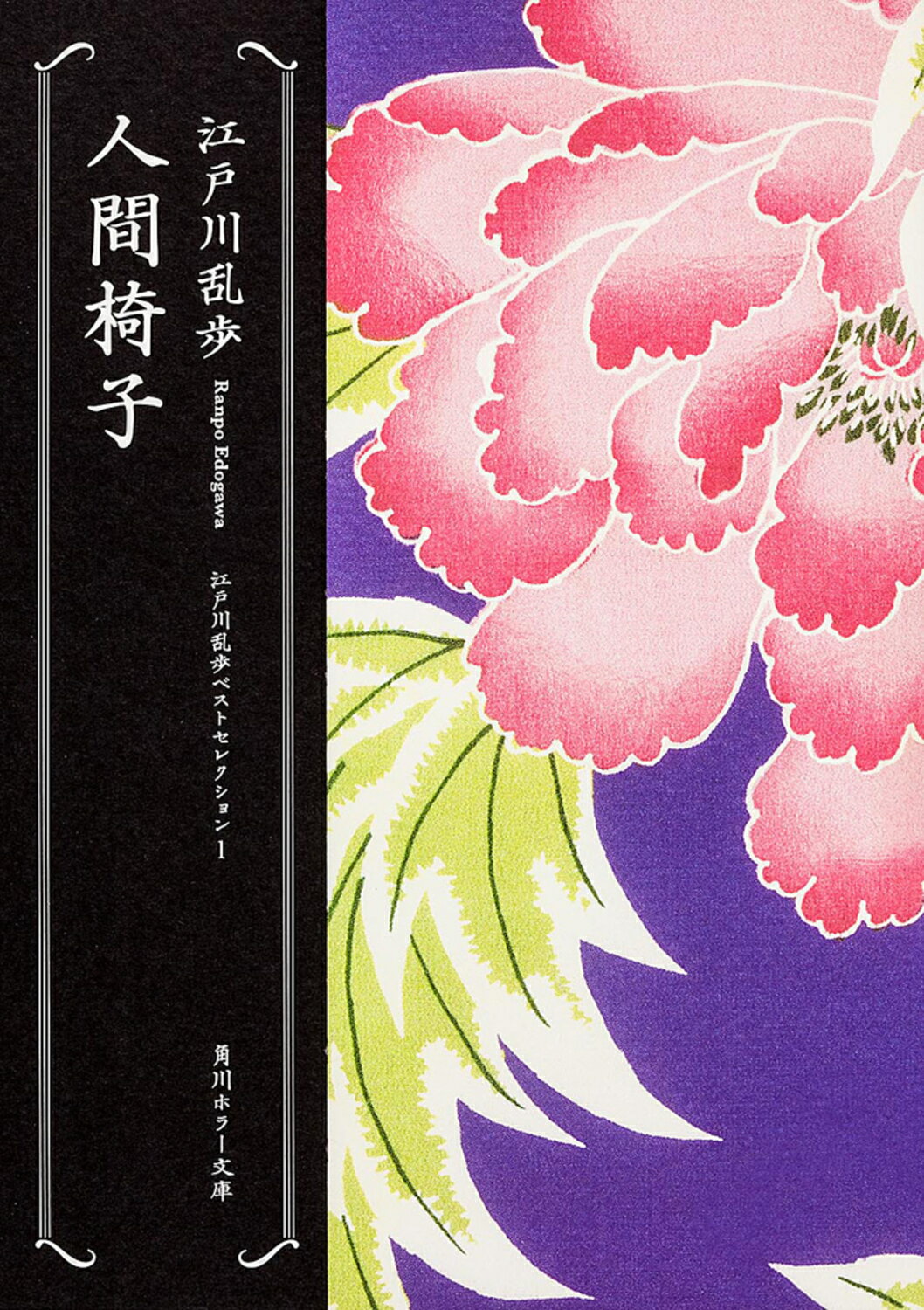

Harris (Ranpo's first translator into English), have erroneously called this the first piece of modern mystery fiction by a Japanese writer, but well before Ranpo entered the literary scene in 1923, a number of other modern Japanese authors such as Ruikō Kuroiwa, Kidō Okamoto, Jun'ichirō Tanizaki, Haruo Satō, and Kaita Murayama had incorporated elements of sleuthing, mystery, and crime within stories involving adventure, intrigue, the bizarre, and the grotesque. Chesterton, but this was the first time the magazine published a major piece of mystery fiction by a Japanese author. Shin Seinen had previously published stories by a variety of Western authors including Poe, Arthur Conan Doyle, and G. The story appeared in the magazine Shin Seinen, a popular magazine written largely for an adolescent audience.

In 1923, he made his literary debut by publishing the mystery story "The Two-Sen Copper Coin" ( 二銭銅貨, Ni-sen dōka) under the pen name "Edogawa Ranpo" (pronounced quickly, this humorous pseudonym sounds much like the name of the American pioneer of detective fiction, Edgar Allan Poe, whom he admired).

After graduating in 1916 with a degree in economics, he worked a series of odd jobs, including newspaper editing, drawing cartoons for magazine publications, selling soba noodles as a street vendor, and working in a used bookstore. At the age of 17, he studied economics at Waseda University in Tokyo starting in 1912. The family moved to what is now Kameyama, Mie, and from there to Nagoya when he was age two. His father was a merchant, who had also practiced law. Tarō Hirai was born in Nabari, Mie Prefecture in 1894, where his grandfather had been a samurai in the service of Tsu Domain. Other authors who were special influences on him were Sir Arthur Conan Doyle, whom he attempted to translate into Japanese during his days as a student at Waseda University, and the Japanese mystery writer Ruikō Kuroiwa.īiography Before World War II His pen name is a rendering of Poe's name. Ranpo was an admirer of Western mystery writers, and especially of Edgar Allan Poe. Many of his novels involve the detective hero Kogoro Akechi, who in later books was the leader of a group of boy detectives known as the "Boy Detectives Club" ( 少年探偵団, Shōnen tantei dan). Tarō Hirai ( 平井 太郎, Hirai Tarō, October 21, 1894 – July 28, 1965), better known by the pen name Edogawa Ranpo ( 江戸川 乱歩) was a Japanese author and critic who played a major role in the development of Japanese mystery and thriller fiction.


 0 kommentar(er)
0 kommentar(er)
